Dolomite, a non-metallic mineral with an extremely abundant reserve, is one of the important resources on Earth due to its rich calcium and magnesium content. Consequently, it holds significant industrial value. Processed products such as dolomite blocks, dolomite powder, magnesium alloys, and cement are widely used in various industries. Specifically, these applications span construction, steel, glass, ceramics, agriculture, and more.
Dolomite processing process includes two primary steps: crushing and screening, followed by grinding and classification.
The purpose of the crushing and screening process is to obtain dolomite blocks. We directly use these blocks as sand and stone products in the construction industry, or we further process them into other products through grinding or calcination.
Firstly, dolomite undergoes two stages of crushing using jaw crushers and cone crushers to meet the needs of different particle sizes.
During this process, it is crucial to pay attention to the brittleness and hardness characteristics of dolomite to avoid scratches from iron materials.
After mining, large blocks of dolomite enter the jaw crusher for coarse crushing.
Then, the dolomite enters the cone crusher for fine crushing. It is crushed into smaller pieces to achieve sufficient liberation of the useful minerals in the ore.
We send the crushed dolomite blocks to a vibrating screen for screening. Afterward, the qualified materials are used directly as sand and stone aggregates or proceed to further processing. Meanwhile, unqualified dolomite is returned to the cone crusher for re-crushing.
| Equipment | Parameter | Feature |
| Jaw Crusher | Used for crushing soft and hard ores with compressive strength not higher than 320MPa. | · High crushing ratio, uniform particle size · Simple structure, reliable performance · Easy operation and maintenance |
| Cone Crusher | Capacity: 27-1400 t/h Output Size: 3-64 mm Power: 75-315 Kw | · Good stability, high reliability · Laminating crushing, better size · Low costs and broad application |
| Vibrating Screen | Capacity: 10-810 t/h Power: 15-37 Kw | · Multilayer and high efficient · It adopts tire coupling with capability of flexible connection and stable operation. |
To meet market demands, we further process dolomite into powder.
We lift the crushed dolomite blocks to silos using conveyors. Then, they are sent to the grinding mill by bucket elevators. Finally, a vibrating feeder is used for grinding.
First, we sift the ground dolomite powder through a classifier. Then, the 250 mesh powder is used for glass, ceramics, and magnesium fertilizers. Next, the 600 mesh powder is ideal for toothpaste and soap. Finally, any unqualified powder is sent back for re-grinding.
Fine powder is collected by a pulse dust collector, with a dust collection rate of up to 99%. The entire process is low-noise and environmentally friendly.
The choice of dolomite grinder is very important as it affects the quality of the finished micronized powder. Clirik mills offer unique properties.
| Equipment | Parameter |
| Raymond Mill | Capacity: 1-25 t/h Feeding Size: 15-40 mm Power: 18.5-160 Kw |
| Ultrafine Vertical Roller Mill | Capacity: 1.5-16 t/h Power: 250-380 Kw |
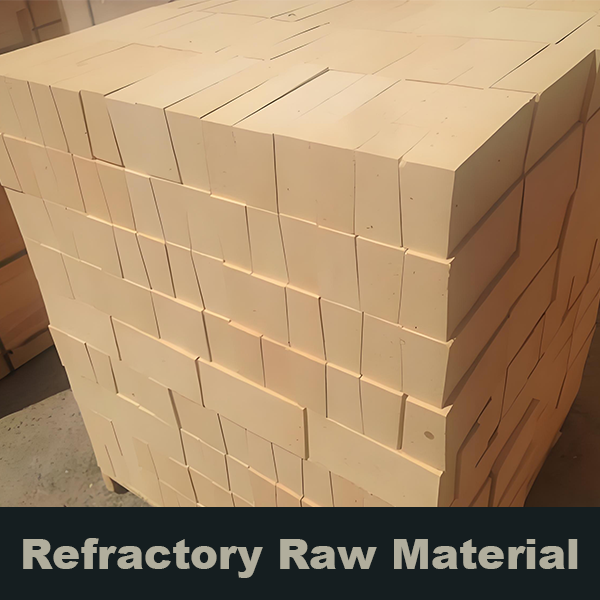
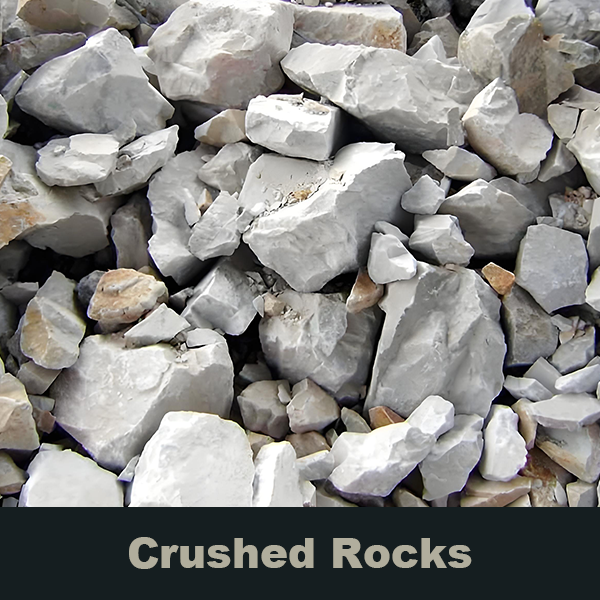
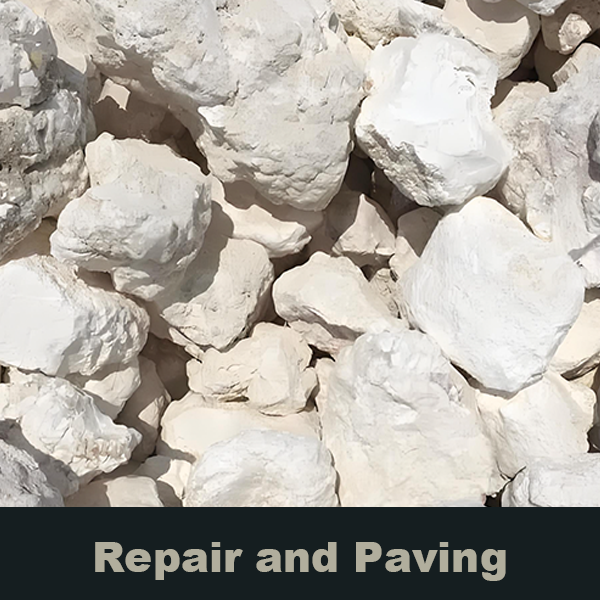
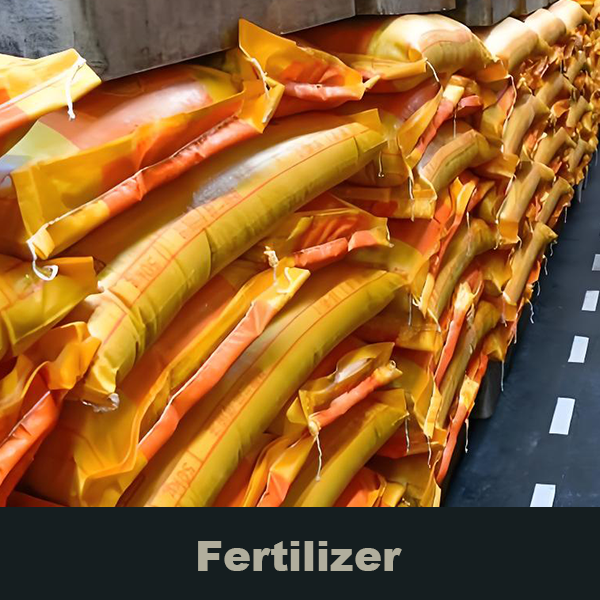
As a professional supplier of mineral processing equipment, Clirik takes the initiative to provide efficient, economical, and environmentally friendly solutions to meet the diverse needs across various industries. We welcome friends from all walks of life to consult and explore more possibilities in mineral processing. Feel free to contact Clirik; we are at your service.
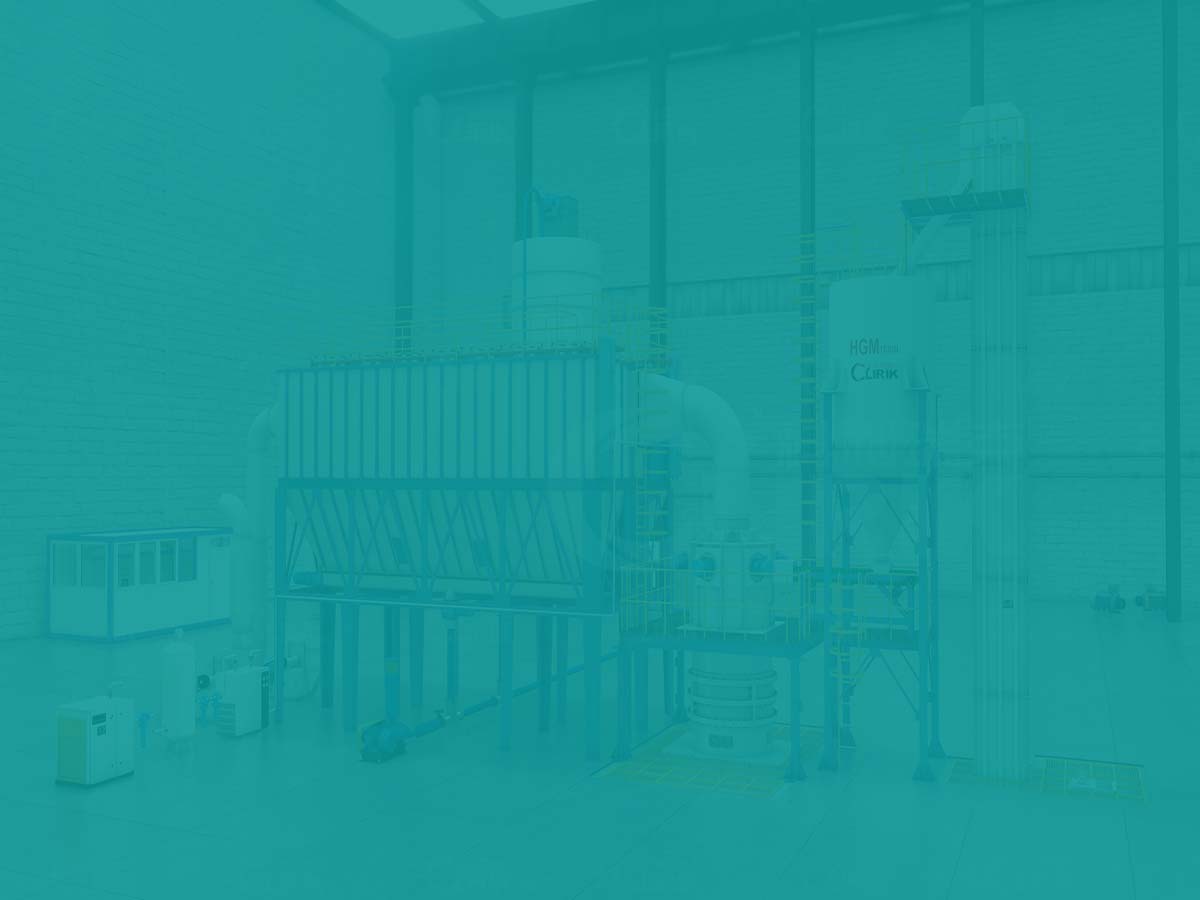
Shanghai CLIRIK Machinery Co.,Ltd. has dedicated itself to the ultrafine powder grinding machine industry for two decades.
Welcome to visit our factory in No.19 Fuqing Rd, Pudong New Area, Shanghai201201, China.
You can leave a message online or contact CLIRIK directly:


Share: